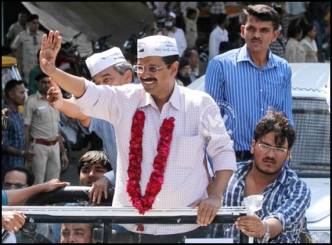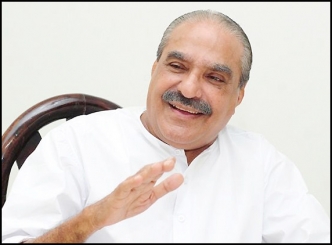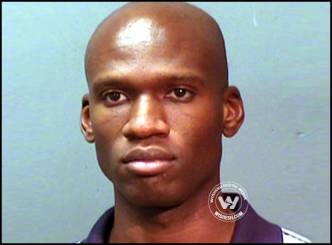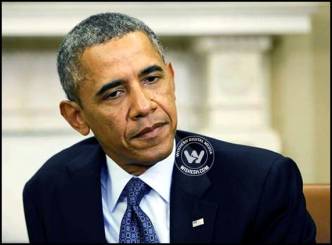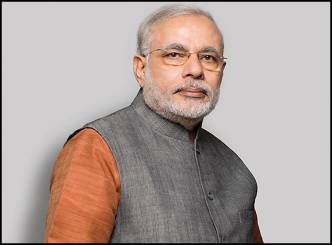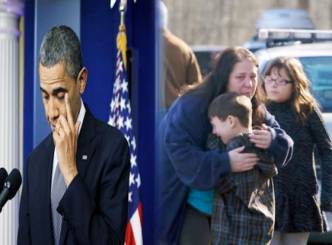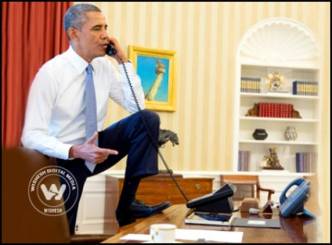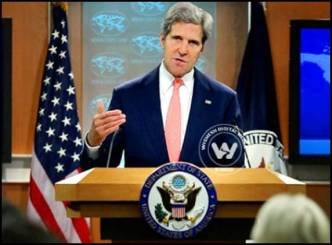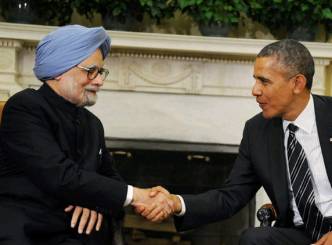
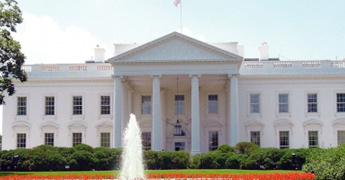 The major blocks in the revival of US economy, if not corrected in a phased manner, will dent the overall performance and will become monuments in the long history without a chance of revival. The strategy that has to be adopted must be diplomatic not the Robin Hood style of functioning as it is foreseen by the few in power. Unaltered check valves will drain the economy to the last drop.
The major blocks in the revival of US economy, if not corrected in a phased manner, will dent the overall performance and will become monuments in the long history without a chance of revival. The strategy that has to be adopted must be diplomatic not the Robin Hood style of functioning as it is foreseen by the few in power. Unaltered check valves will drain the economy to the last drop.
"The economic projections make clear there is a real need in the short term to kick start economic growth and get on a sustained higher growth path,'' White House budget chief Jack Lew told Reit Rating. "Despite recent setbacks, the Administration expects the economy to grow at increasing rates in the months and years to come,'' the White House said. "The potential for a sharp recovery is present,'' it added, noting abundant capacity in the economy to increase output, including the high unemployment.
The major issues where the US is shying away have been identified by a few stalwarts are: The US had its debt downgraded by the ratings agency Standard & Poor's last month after narrowly averting a debt default. The debt problem has not gone away, though, and total US debt is expected to overtake GDP, the total amount of goods and services produced in the country, this year.
On individual debt, many people blame the period of extremely low interest rates that followed the dotcom bubble bursting and 9/11 for creating the housing market boom, which then led to the sub-prime mortgage crisis. That was followed by the financial crisis that caused the 2008 recession.
The federal government is estimated to have spent about $1.6tn (£988bn) on its response to the financial crisis, which put a big dent in the public finances. The crisis also meant that the government received less in taxes from companies and individuals hit by the downturn.
Fighting wars in Iraq and Afghanistan has been another big cost for the public finances in the past 10 years, estimated to have cost about $1.25tn so far. Some people also blame President Bush's tax cuts for the level of debt that the US government now finds itself dealing with.
Among the most serious problems since the financial crisis has been rising unemployment, which increases the amount the government has to pay in benefits as well as reducing the tax take. Most disturbingly, there has been zero net job creation in the US since 2000.
More than half of the annual budget is mandatory spending, which would be difficult to cut. Of the discretionary spending, more than half goes on security, which is also hard to reduce. Without tax rises or major economic growth, it would be hard to cut enough to get rid of the deficit.
The government has to control spending more than it generates while maintaining the integrity of the services they provide including Social Security and entitlement programs, infrastructure, and national security. The growth over the past several months has been painfully slow, but still producing small economic gains. Going back into a recession would mean losing any ground that has been made up over the past several months.




